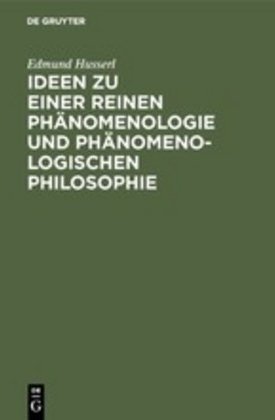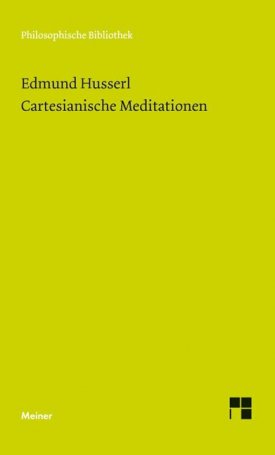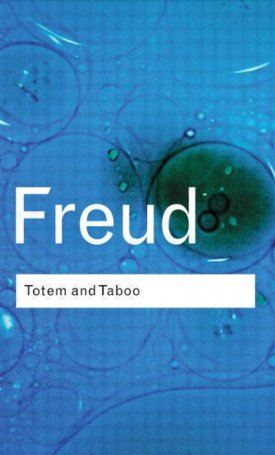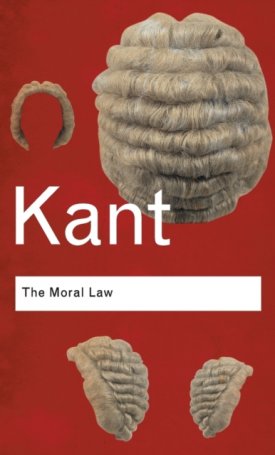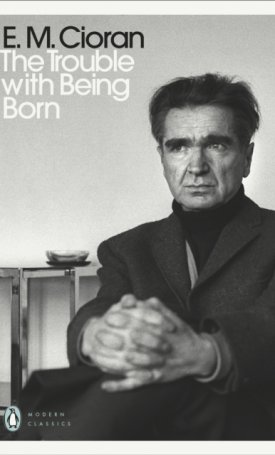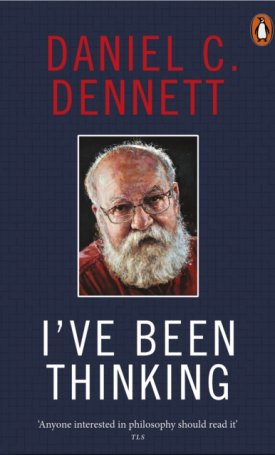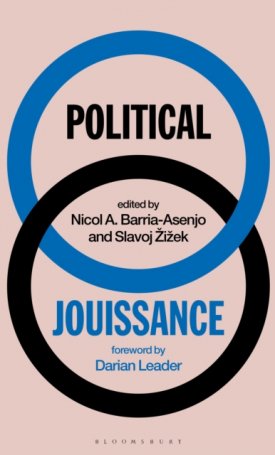Ideas - General Introduction to Pure Phenomenology
Ideas - General Introduction to Pure Phenomenology
ISBN: 9780415519038
Size: 156*234
Weight: 658 g
Page no.: 432
Publish year: 2012
Widely regarded as the principal founder of phenomenology, one of the most important movements in twentieth century philosophy, Edmund Husserl’s Ideas is one of his most important works and a classic of twentieth century thought. This Routledge Classics edition of the original translation by W.R. Boyce Gibson includes the introduction to the English edition written by Husserl himself in 1931.
Husserl’s early thought conceived of phenomenology – the general study of what appears to conscious experience – in a relatively narrow way, mainly in relation to problems in logic and the theory of knowledge. The publication of Ideas in 1913 witnessed a significant and controversial widening of Husserl’s thought, changing the course of phenomenology decisively. Husserl argued that phenomenology was the study of the very nature of what it is to think, "the science of the essence of consciousness" itself.
Husserl’s arguments ignited a heated debate regarding the nature of consciousness and experience that has endured throughout the twentieth and continues in the present day. No understanding of twentieth century philosophy is complete without some understanding of Husserl, and his work influenced some of the great philosophers of the twentieth century, such as Martin Heidegger and Jean-Paul Sartre.
CONTENTS:
Foreword to the Routledge Classics Edition Author's Preface to the English Edition Translator's Preface Introduction Part 1: The Nature and Knowledge of Essential Being 1. Fact and Essence 2. Naturalistic Misconstructions Part 2: The Fundamental Phenomenological Outlook 1. The Thesis if the Natural Standpoint and its Suspension 2. Consciousness and Natural Reality 3. The Region of Pure Consciousness 4. The Phenomenological Reductions Part 3: Procedure of Pure Phenomenology in Respect of Methods and Problems 1. Preliminary Considerations of Method 2. General Structures of Pure Consciousness 3. Noesis and Noema 4. Theory of the Noetic-Noematic Structures: Elaboration of the Problems Part 4: Reason and Reality (Wirklichkeit) 1. Noematic Meaning and Relation to the Object 2. Phenomenology of Reason 3. Grades of Generality in the Ordering of the Problems of the Theoretic Reason Analytical Index Index to Proper Names
AUTHOR:
Edmund Husserl (1859–1938) through his creation of phenomenology, Edmund Husserl was one of the most influential philosophers of our century.






